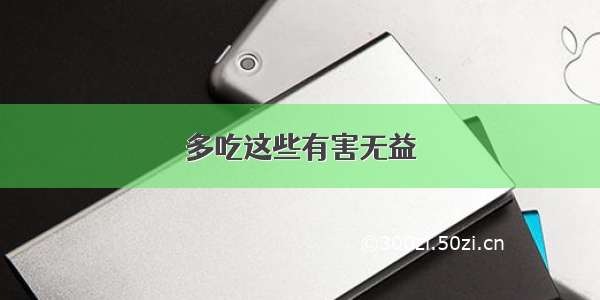
贵有恒 最无益
For the last few months, I’ve been wondering if the term ‘mobile’ might be causing more trouble than it’s worth. Judging from this morning’s tweet from Mark Boulton, I’m not alone:
在过去的几个月中,我一直在想“移动”一词是否会造成更多的麻烦,而不是值得的。 从Mark Boulton今天早上的推文来看,我并不孤单:
Thinking ‘mobile’ web is a big, fat red herring. Just like ‘apps’ was a few years ago. Next year, it’ll be something else.
认为“移动”网络是一个巨大的胖鲱鱼。 就像几年前的“应用”一样。 明年,将是另一回事。
While I’m not willing to go quite as far as that, I do think the term has become loaded with historical assumptions that are no longer true.
尽管我不愿这么远,但我确实认为该术语充满了不再成立的历史假设。
Originally, it worked out alright. ‘Mobile’ came to encompass both the device and the context of use in one fell swoop. It could do that, because their wasn’t a lot of diversity in the kinds of devices you could call ‘mobile’. In addition, those devices lacked the capability of offering a full-web experience. ‘Mobile’ use was pretty clearly defined because to be quite honest - the devices weren’t capable of offering much more.
最初,它可以解决问题。 “移动”一词囊括了设备和使用环境。 之所以能够做到这一点,是因为它们在您可以称之为“移动”设备的种类上并没有太多的多样性。 此外,这些设备缺乏提供完整网络体验的功能。 明确定义了“移动”用途,因为说实话-这些设备无法提供更多功能。
{% fig The word ‘mobile’ is loaded full of historical assumptions. banner %}
An old phone
{% endfig %}
{%fig“移动”一词充满了历史假设。 横幅%}
旧手机
{%endfig%}
Fast-forward to today. Now, using the historical definition of a ‘mobile’ device, we have smart phones, tablets, even netbooks - all of which are substantially more capable of providing a rich, full-web experience than their ‘mobile’ ancestors. As a result, there is much more variety in ‘mobile’ - both in terms of device type and use case. The device and the context no longer go hand-in-hand, they must be decoupled.
快进到今天。 现在,使用“移动”设备的历史定义,我们拥有智能手机,平板电脑,甚至是上网本-与“移动”祖先相比,它们全都具有提供丰富的全Web体验的能力。 结果,无论是在设备类型还是用例方面,“移动设备”的种类更多。 设备和上下文不再紧密相连,它们必须解耦。
The problem, though, is that we can’t just eliminate the term. An earlier tweet by Aral Balkan is just as accurate:
但是,问题在于我们不能仅仅删除该术语。 Aral Balkan的较早推文同样准确:
I feel there’s a real danger that the “no mobile web” meme will translate to “we don’t have to rethink interactions for mobile”
我感到“没有移动网络”的模因将真正转化为“我们不必重新考虑移动交互”的真正危险。
There is a difference in how you use the web on these new devices and there is a ‘mobile’ context out there somewhere - it’s just not as clearly defined as it once was. We can’t ignore the differences in use. We owe our users the best browsing experience possible, regardless of context or device and that means that we have to find and embrace those differences.
您在这些新设备上使用网络的方式有所不同,并且某个地方存在“移动”环境-只是它的定义不像以前那样明确。 我们不能忽略使用上的差异。 无论上下文或设备如何,我们都应为用户提供最佳的浏览体验,这意味着我们必须找到并接受这些差异。
So what term should we use? I have no idea. This is something I’ve been wrestling with for a few months now, and I have yet to find a term that I feel is sufficient - a term that accurately portrays this new medium without implying too much, or too little.
那么我们应该使用什么术语呢? 我不知道。 这是我几个月来一直在努力的事情,而我还没有找到一个我觉得足够的术语-这个术语准确地描述了这种新媒体,而又没有暗示太多或太少的意思。
If this seems like I’m quibbling over semantics, well, I guess I am. As the saying goes though, “Words have meaning and names have power.”
如果这看起来像我对语义的争论,那么,我想我是。 俗话说,“单词有含义,名字有力量”。
翻译自: //05/is-mobile-doing-more-harm-than-good/
贵有恒 最无益
















